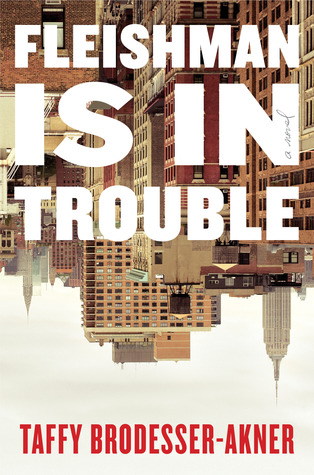Rating: 3 stars
Cliff Notes: I like the different perspectives. But did it really take 12 hours to tell us his struggle and 1 hour to tell her side?
Full Summary: This book reminded me of a watching the third season of The Handmaid’s Tale and listening to the Eyes on Gilead podcast after each episode. I was super excited for the post season live show recording. There are always insightful comments by the podcast hosts, and I was sure the Q&A session was going to be AMAZING. Then the first question is from a dude asking something inane about THT being about empowering women. ARE YOU KIDDING ME?! DID YOU EVEN WATCH THE SHOW EVER?! GET OFF THE DAMN MICROPHONE.

I put this book on my TBR because Elizabeth Gilbert told me to. After City of Girls, I want to do everything she says. This is from her review: “Just the sort of thing that Philip Roth or John Updike might have produced in their prime (except, of course, that the author understands women).”—Elizabeth Gilbert. Wow, a man who understands women?! Sign. Me. Up.
<<Insert sound of needle scratching across a record here.>>
It was a big NOPE.
This book goes on for HOURS about well, Fleishman being in trouble. His wife has left him with the kids so he cannot hook up with random strangers from Tinder. Then there is a “twist,” and we hear about the woman’s side for approximately 10% of the narration. Give me a break. I am sure the point was supposed to be “Ooooohhhh, I guess this means there are 2 sides to every story,” but really there are three – yours, mine and the truth.
In the book there is a comment by the friend about how no one wants to read a book that is not about a man. Is this some meta statement because I think that what the author is exactly trying to do with Fleishman is in Trouble. I felt duped and strung along, then walloped upside the head with how hard life is for white men. Give me a fucking break.
Leave A Comment